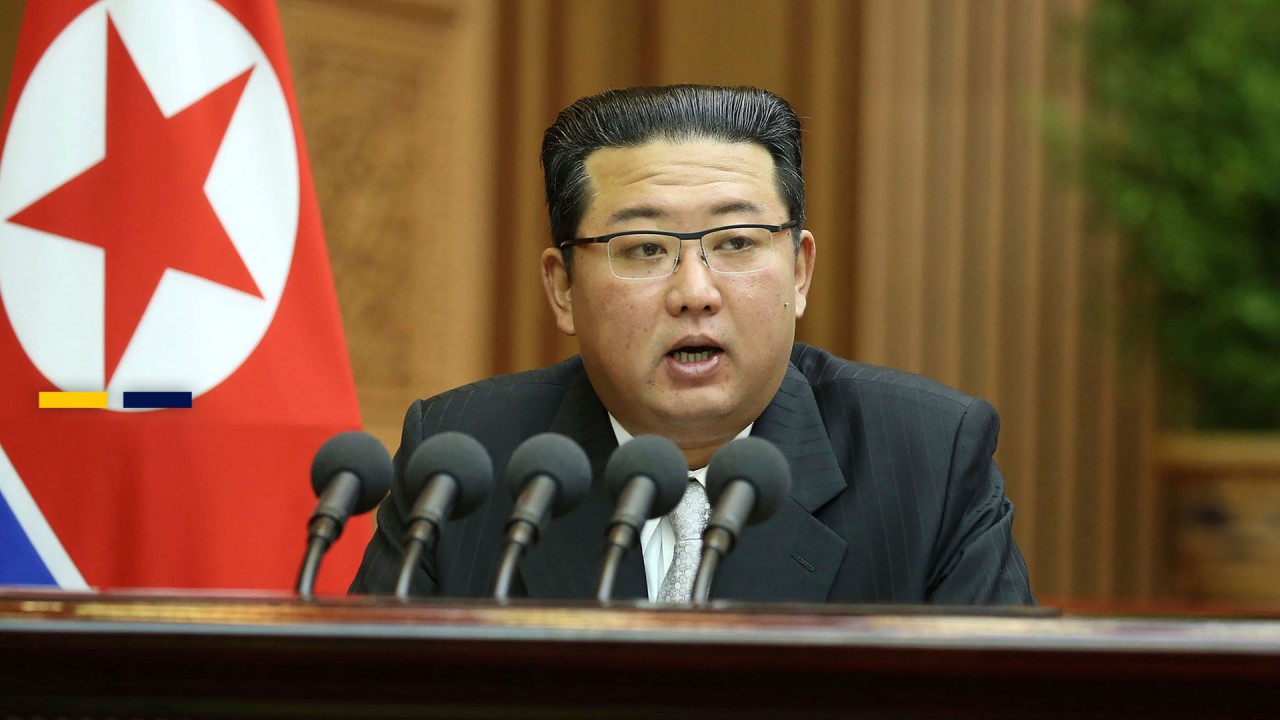
A renewed chance for peace in Korea
- China and the United States must pull out all the stops as the leaders of the North and South appear ready to resume dialogue
Silence between enemies creates uncertainty. The reopening of key communications channels between North and South Korea 13 months after they were severed is a chance for stability.
Now that phone calls are again being answered, day-to-day problems can be quickly dealt with. There is also greater opportunity for a resumption of high-level talks that can end the hostility and finally bring peace to the Korean peninsula.
The North’s leader, Kim Jong-un, expressed a willingness to restore hotlines last week after conciliatory comments by his counterpart from the South, Moon Jae-in, who called at the United Nations General Assembly for a formal end to the 1950-53 Korean war. Kim’s influential sister, Kim Yo-jong, said signing a formal peace agreement was a good idea and that another inter-Korean summit was possible, although Seoul would have to first drop its hostility towards Pyongyang.
Moon’s five-year presidential term ends in May and he is eager to forge a legacy as a peacemaker; he held three rounds of talks with Kim Jong-un in 2018, but dialogue has been at a standstill since negotiations between the North and the United States, the South’s ally, collapsed in 2019. The resumption of twice-daily calls between the sides’ militaries and communications links operated by Seoul’s unification ministry heightens the chances of the leaders meeting again.

02:10
North Korea’s Kim Jong-un offers to reconnect vital communication line with South Korea
Restoring the hotlines is a barometer of the North’s willingness to improve bilateral relations. Since direct communications were first established in 1971, Pyongyang has severed links on numerous occasions to show displeasure with Seoul.
They were cut in August last year after the South went ahead with joint military exercises with the US. Tensions have since risen, with the North warning of a security crisis, restarting a nuclear reactor capable of producing weapons-grade material and last month test-firing a series of new missiles, including one it claims can reach hypersonic speeds.
But now that Pyongyang is answering Seoul’s calls again, there is a possibility of a thawing of strained ties, mending of relations and another summit. China, as the North’s ally, and the US, have important roles through encouraging and assisting.
Only by all parties working together can there be stability and a lasting peace in the region.

